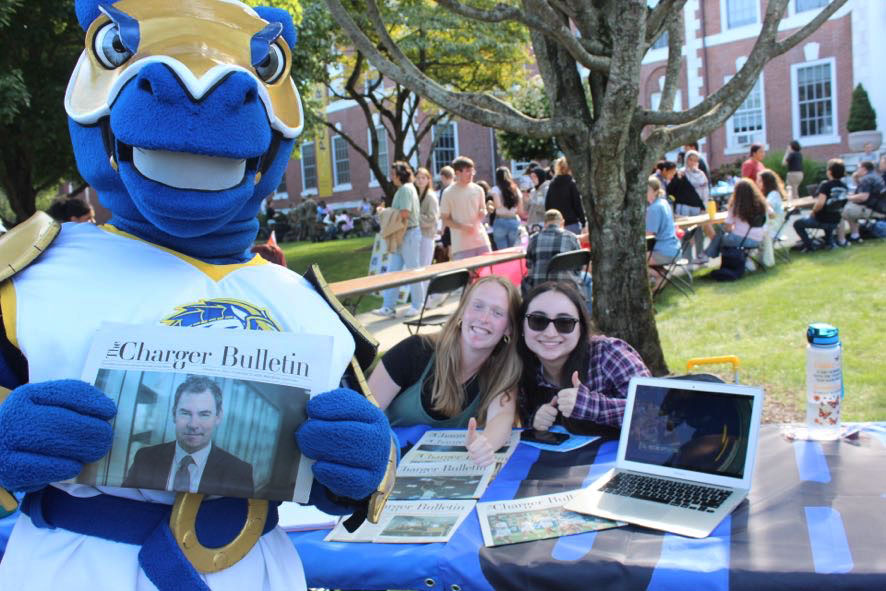The start of the new year is exciting, with prospects of fresh starts, fulfilled resolutions and personal growth. We at the Bulletin encourage you all to seize the opportunities that come with the turning of a page that brings upon us a new year.
However, with each January that rolls in comes a spring semester — a long stretch of dirtied snow slush until spring break and a torturous need to find the energy to continue upon your return from Cabo or the Bahamas or anywhere other than West Haven, Conn. College student burnout is an inevitable experience and one for which we should not feel shame.
You’re taking classes to fill requirements that seem to hold no value to your future, working a job to pay for groceries to make up for dining hall food you can’t digest and trying to somehow also make time for the few people you’ve managed to tolerate throughout your time here.
Academic and social burnout is a downplayed part of the collegiate experience and as students, we need to create more spaces where we can talk about the struggles, stresses and strains of balancing the multifarious components of young adulthood.
Your head might be leaning against the burnout wall by the end of January and that’s an experience far more normal than higher academia would have you think.
In order to make the time feel more manageable, break down your schedule at the start of each week and draw your focus away from the one coming next. You can persevere through seven days at a time and doing that just four times will push you through 25% of the semester.
Spring break and the midpoint of the term are only six weeks away. Upon return, we have just a few weeks until end of the semester activities, like Spring Week, are in full swing.
In the meantime, prioritize your mental health, make time to step back completely from your commitments and pursue new hobbies, self-care activities and time to process the weight of the rest of your schedule.
The snow will clear soon, the effect of the season will peter out and with warmer weather will come the official home stretch. Some of us will be graduating and others will be one year closer to the next stage of our lives. Don’t rush your time as an undergraduate student, but also marvel at the idea that the stressful, sometimes unbearable parts of being a student are far more temporary than you may think.
For people experiencing especially high levels of burnout and stress, resources may be available through Counseling and Psychological Services and the Accessibility Resource Center. You can also scroll through Charger Connection for a full list of activities across campus to connect with fellow students and explore resource opportunities that claim to enhance your mental well-being.
The Dean of Students Office also sends out a monthly “Holistic Wellness” newsletter. Most of the PDF space is consumed by an extensive list of university resources, and broadly general tips on how to improve your livelihood, such as sleeping more. We encourage you all to share your thoughts.
If you have suggestions for improvements of student support from U. New Haven administration, or suggestions for how the school can better support struggling students, email cbeditor@newhaven.edu to get your voice onto this page.





